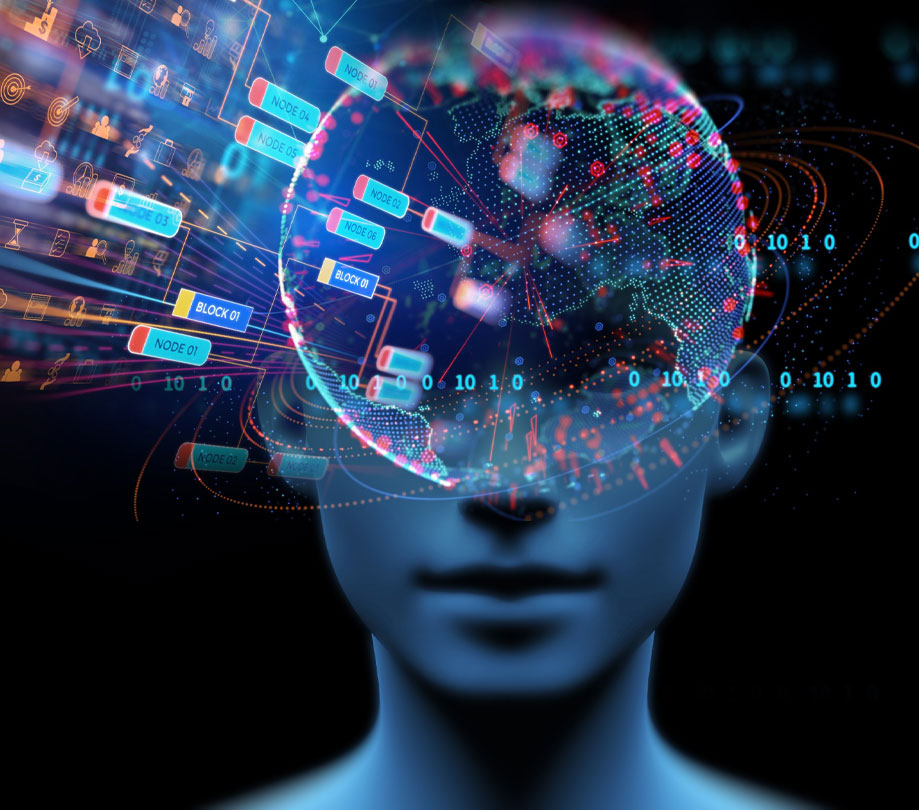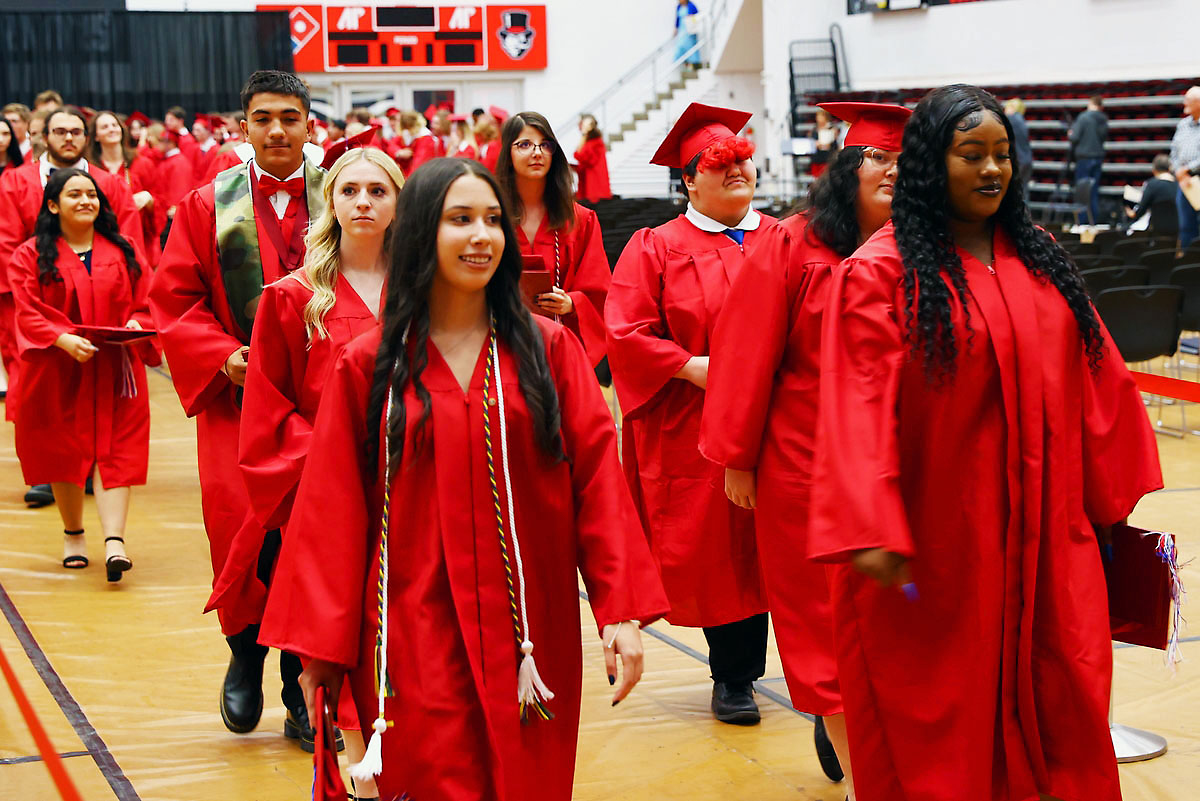The impact of artificial intelligence (AI) on the workforce is a topic of global concern, predicted to affect 40% of jobs either by replacing or complementing human roles. Despite the potential for disruption, AI introduces new opportunities across a variety of sectors including STEM, healthcare, finance, entertainment, manufacturing, and energy. The key challenge lies in ensuring the workforce is equipped to navigate this evolving landscape.
A key issue in navigating this new frontier is the global skills crisis. AI’s influence isn’t limited to mature, developed nations, but also extends to developing regions. Here, we face a dichotomy – while AI offers significant opportunities for growth, the global skills crisis, compounded by a widespread lack of internet connectivity, exacerbates the digital divide.
More needs to be done to bridge this gap. The private sector, it is argued, must participate actively in expanding internet connectivity and promoting digital literacy. A human-centric approach is believed to be crucial to fostering trust and suitable governance.
The potential solution comes in the form of public-private partnerships. By collaborating effectively, being it through internships or alliances like the Global Apprenticeship Network (GAN), businesses, governments and institutions generate an opportunity to upskill and enable workers to address evolving industry needs. This kind of partnership is argued to be more critical now than ever.
A burgeoning AI-driven industry brings with it the need for workers equipped with future-ready skills. Training programs enhanced by AI, aimed at cultivating skills like adaptability and collaboration, are essential. In such a landscape, it is not AI itself that will replace jobs, but rather individuals lacking the necessary AI skills. Therefore, emphasis is placed on creating jobs and fostering AI skills development to eliminate poverty.
Another concern is the adherence to regulations in AI-powered industries. In sectors like finance, AI is being utilized to streamline tasks such as compliance reporting and risk monitoring. While automation facilitates efficiency, human oversight is crucial to maintaining regulatory standards. Thus, businesses are required to strike a balance between automation and human judgment for ethical and responsible innovation.
The entertainment industry serves as a prime example of how AI is reshaping jobs and the skills required. Volumetric video is being transformed by AI, extending its applications and reducing production costs. While creativity remains indispensable in an AI-dominated world, pushing boundaries will still be reliant on human innovation. The critical skills that will ensure relevancy in the future are not exclusively technical, but also incorporate thinking differently and perceiving possibilities where others see limitations.
With industries continually evolving due to the influence of AI, preparing the workforce starts with education. Schools are urged to adapt their systems to help students use AI effectively. The most critical skills for tomorrow’s workforce will be non-technical; these include the ability to ask thought-provoking questions, empathize, lead, tackle multidisciplinary problems, and recognize errors.
Preparing for the AI-driven workforce of the future requires active participation from all stakeholders and a strategic approach to how industries evolve and adapt. Governments must encourage collaboration and literacy in AI, businesses should invest in continuous training programs combining AI skills with creativity, critical thinking, and leadership, educational institutions need to enhance curricula and foster skills like empathy and communication, and individuals should commit to lifelong learning and embrace AI as an enhancement tool.
As we embrace this AI-driven future, it’s essential to remember the enduring value of human-centered skills in the professional world. Creativity, empathy, critical thinking, and ethical decision-making will differentiate professionals in an AI-enhanced workforce. By navigating AI’s advances alongside fostering human skills, we guarantee AI serves as a vehicle for empowerment rather than disruption.




